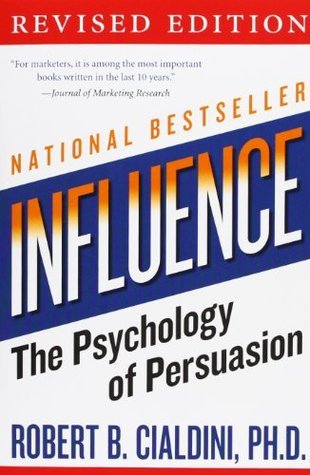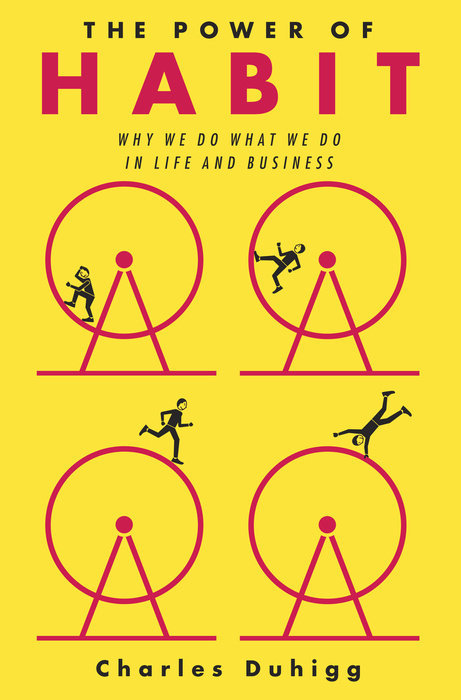
Influencer: The Power to Change Anything
Book Description
Change is possible—and it starts with the power of influence. In a world where every choice shapes lives, "Influencer: The Power to Change Anything" uncovers the secrets behind the art of persuasion. Through riveting stories and actionable insights, Patterson reveals how individuals can transform their circumstances and inspire others to achieve extraordinary results. Discover the hidden strategies that turn resistance into acceptance and apathy into action. The stakes are high, and lives hang in the balance. Will you harness the influence to reshape your world—or will you let opportunity slip away?
Quick Book Summary
“Influencer: The Power to Change Anything” by Kerry Patterson explores the science and strategy behind creating lasting change in individuals, organizations, and communities. The book examines why people so often struggle to alter behaviors—in themselves and others—and delivers a framework for harnessing influence effectively. Drawing on research, case studies, and compelling real-world examples, Patterson identifies critical sources of influence, such as personal motivation and social pressure, and teaches readers how to unlock and leverage them. Whether leading a team at work, fostering positive habits at home, or aiming to shift cultural norms, “Influencer” offers practical tools and techniques for turning resistance into engagement. Readers will come away equipped to inspire, implement, and sustain meaningful, positive change wherever they want to make a difference.
Summary of Key Ideas
Table of Contents
Understanding the Sources of Influence
Influencer begins by explaining how change is possible for anyone, provided they understand and leverage the right sources of influence. Patterson and his co-authors illustrate that most change efforts fail because people either rely too much on willpower or only address superficial factors. The book asserts that effective influencers identify key behaviors to target, understand the forces maintaining the status quo, and take a systematic approach to disrupting them. Using examples from public health, business, and education, the authors show that lasting transformation happens when influence is applied in multiple directions simultaneously.
Harnessing Social Motivation and Ability
The heart of the book introduces six sources of influence, which fall into two dimensions—motivation and ability—across three domains: personal, social, and structural. Personal motivation examines people's intrinsic desire to change, while personal ability looks at their skills and knowledge. Social motivation and ability focus on how peers and social networks shape behavior, such as adopting norms through group pressure or peer support. Finally, structural motivation and ability relate to the environment, systems, and incentives that reinforce behaviors, including rewards, policies, and tools.
Creating Powerful Change Strategies
Patterson underscores the importance of targeting all six sources concurrently for effective change. Through stories ranging from reducing workplace injuries to tackling public health crises, the authors demonstrate how combining internal and external motivators yields exponential results. For example, a change effort that not only trains individuals but also alters incentives, enlists supportive peers, and restructures environments is likelier to succeed than an effort that relies solely on communication or motivation campaigns.
Measuring Progress and Sustaining Change
The book offers readers a step-by-step process for defining measurable behaviors, diagnosing barriers, and constructing comprehensive influence strategies. Clear, actionable guidance includes how to script crucial moments, reward incremental progress, foster accountability, and design supportive environments. Readers are encouraged to experiment, gather data, and refine their approaches based on observed outcomes, ensuring that solutions are not static but evolve with challenges.
Transforming Environments to Encourage Change
Finally, Influencer emphasizes the need to monitor, measure, and sustain progress. The authors highlight the pitfalls of one-time interventions, advocating for continuous feedback loops and systems thinking. By embedding influence into culture and workflows, changes become self-sustaining. The book closes with a call to action: anyone, regardless of title or background, can become an influential force for good by systematically applying the principles within the book, transforming not just themselves but their organizations and communities.
Download This Summary
Get a free PDF of this summary instantly — no email required.





